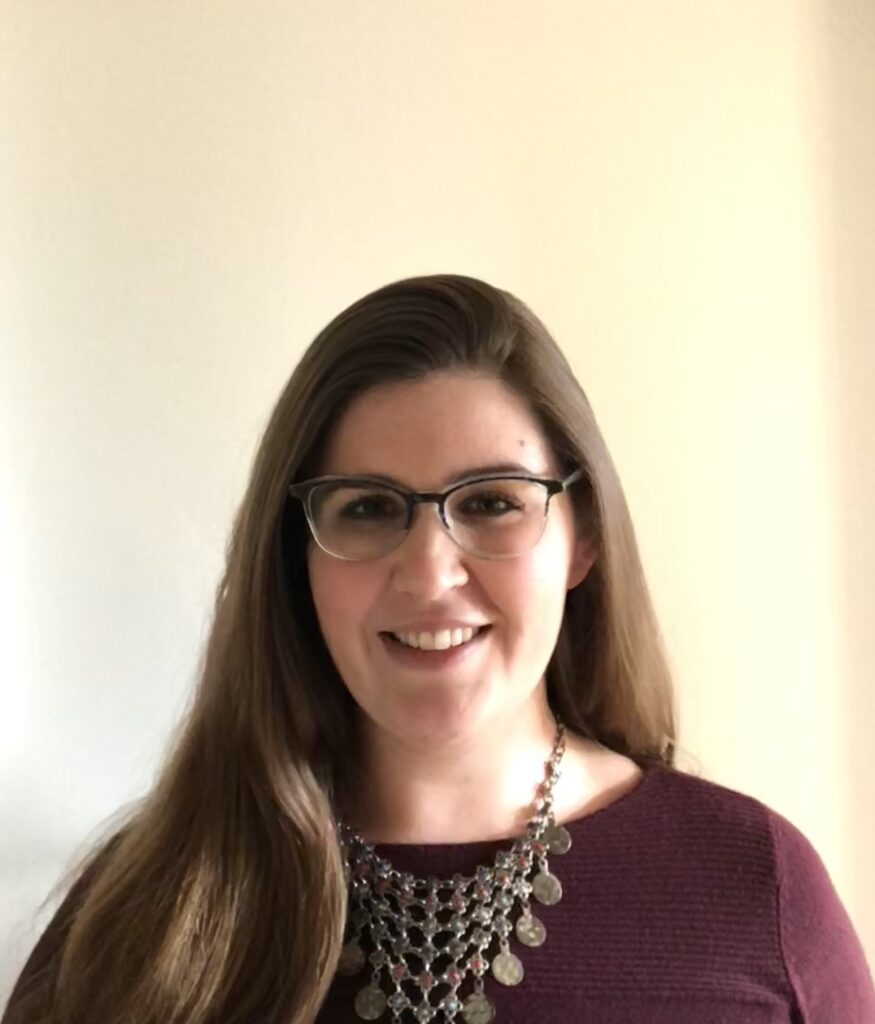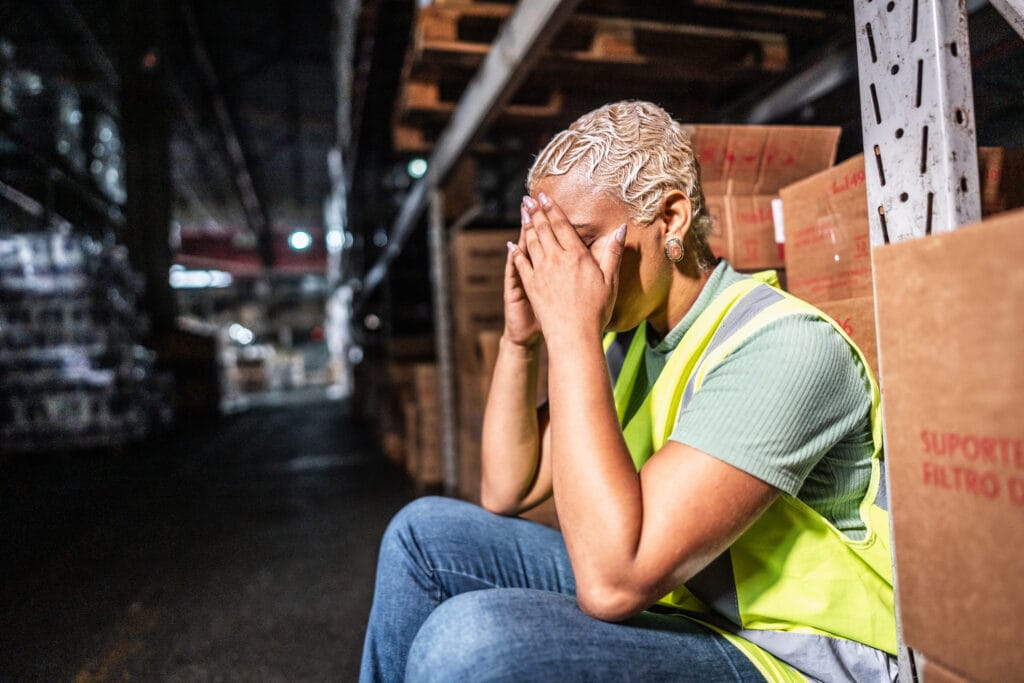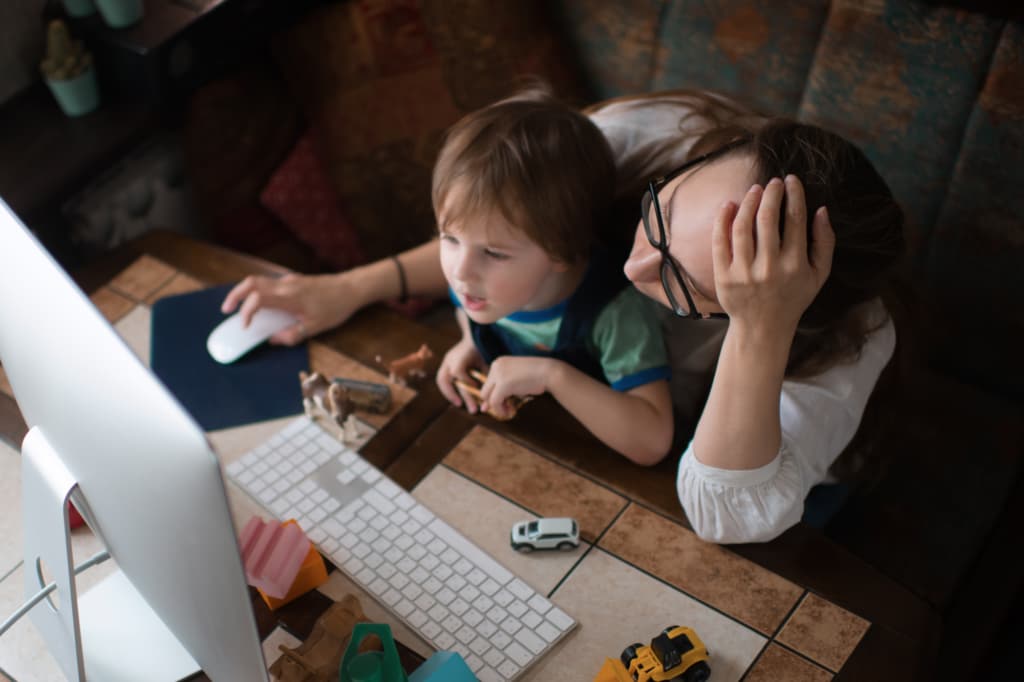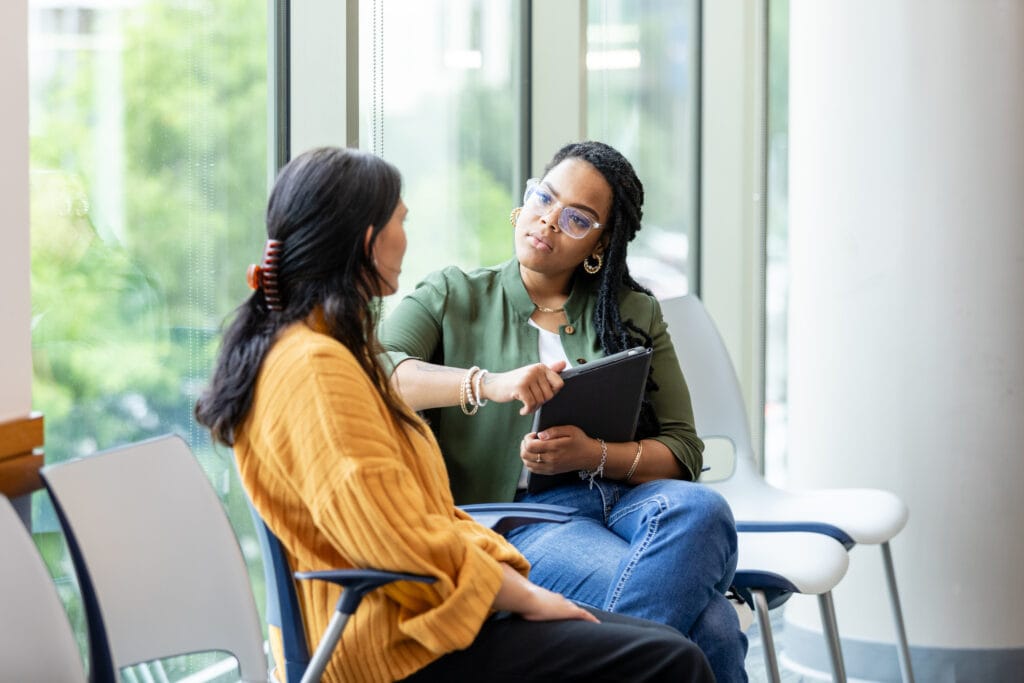With over 10 years of fieldwork experience, Erin Winsor holds a master’s degree in social work (MSW). She joined the team at Care.com as a Care Specialist specializing in elder care more than four years ago.
What made you decide to work at Care.com?
As someone who has worked with senior citizens before, it was Care.com’s mission as a whole that originally drew me to the company. It was important for me to find an organization that was putting in the work to bring awareness to the importance of elder care and how this impacts families.
How do you help families with their elder care needs?
First, I encourage clients and their families to become as well-informed as possible before they make decisions about elder care support. It really makes a difference.
On my team, we have to be experts on a broad range of topics related to elder care because we get so many different types of calls from our client’s employees. Everything from health insurance to identifying qualified care options, mental health, physical health, how you might advocate for better healthcare, and even family dynamics.
Why are elder care benefits so important for employees?
A big issue for families is balancing concern for the person who needs elder care and the desire to allow that person to have their independence and make choices for themselves. This is particularly relevant when it comes to memory loss, safety at home, and advocating for medical care providers.
There’s a lot of caregiver stress, like, “How do I care for my loved one but still respect my own boundaries and my own well-being?” We help employees navigate ways to mitigate and deal with the worry, stress, and respect for an older adult’s independence and ability to make their own decisions about their life.
What kind of assistance do you provide?

There’s a lot of gatekeeping of information and access to resources in the senior care industry. My team and I serve as liaisons to that information.
For example, we help families define what options are available and prioritize resources that make sense for their situation, budget and location. Whether that means connecting them to other teams within Care.com or sending them resources in their area, our work is figuring out what someone’s path can look like.
How many employees do you personally support each day?
I usually take two to three calls a day. After each call, I conduct research to find a customized solution for them, follow up with resources they can use, and create an outline for next steps.
For example, if there was a particular program they were interested in I will do further research, such as calling state agencies or reaching out to providers to see what’s available. I work to get this information back to the client as quickly as possible, usually no later than the next day.
The average phone call to assist a particular member is typically an hour, then I do an hour of research on local resources, and take another hour writing up a summary of what we talked about and providing an action plan for next steps.
Because things in elder care change so rapidly, I will often have two to four calls with the same person. This means I’ll have around one to three hours of total work with a client per call about different topics that can range from hospitalization to discharge from a rehab facility.
Can you describe what a typical call is like?
It’s normally either directly with the client, or it’s a family conference call, so multiple people are on the line at one time. During the call, I’ll typically describe the Care Specialist benefit for elder care support, so everybody can be on the same page about how Care.com can be helpful to them.
Then, I’ll ask them to describe their situation, and to share their goals and any concerns they may have. From there I’ll try to fill any gaps, so I’ll do a more complete assessment. I’ll ask about the living situation or someone’s ability to manage day-to-day functions like bathing, preparing meals, or going grocery shopping.
Based on their needs, then we’ll formulate a customized plan for next steps. Depending on their situation, it might be following up with the doctor or the social worker at their hospital, and creating a specific set of questions they can ask.
For others, that’s having a family meeting and talking about the types of care that are best suited to their needs, average costs, or discussing health insurance plans. Ultimately, the plan for next steps is very dependent on their situation.
Is there a particular client you helped that sticks out in your memory as a time you feel like you really helped make a difference?
We meet so many people going through intense situations. One instance that really stayed with me is a situation where a loved one was nearing the end of their life, and they were living at home with their family. Caring for someone at the end of their life at home was not feasible and very stressful for their family.
We worked through the emotions that come with a decision like that and explored resources that would be helpful for elder care. Ultimately, we determined that having that loved one move to a hospice home—a home where someone can relocate to get elder care support—was the best scenario.
The member reached out to me and shared how different the relationship felt with their family member. Everyone’s stress levels were lowered and as a family they were able to get back to the feeling of sharing sweet loving moments with each other.
It’s really meaningful for clients to be able to know that I’m not making these decisions for their family, but rather empowering them to make these decisions, and knowing that they have options and being aware of them.





